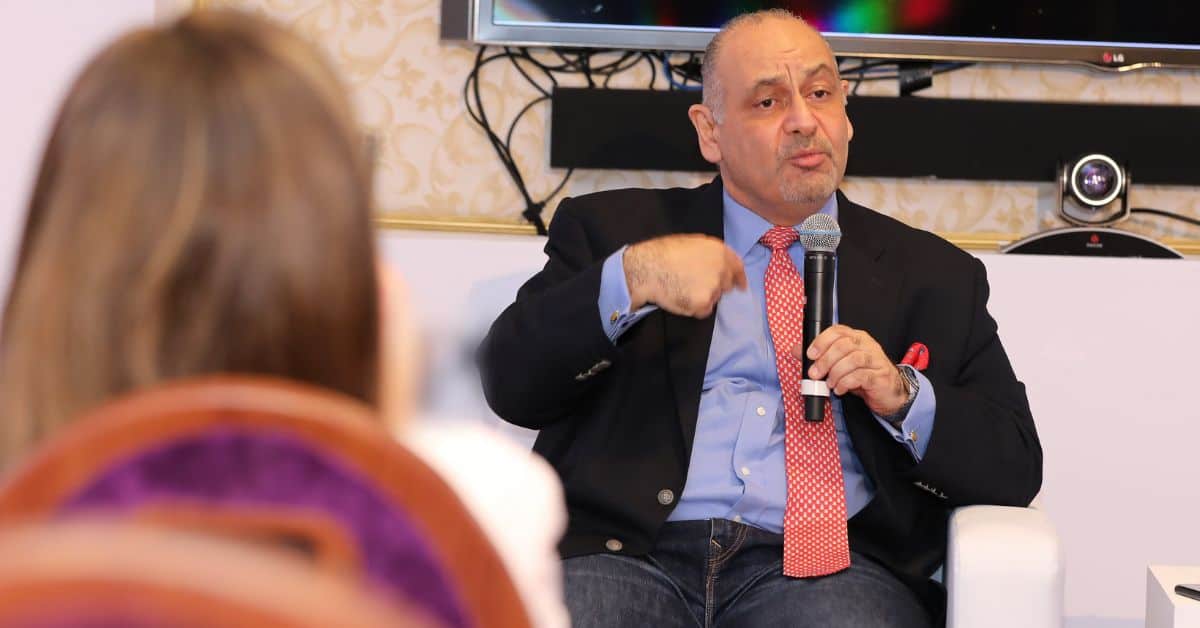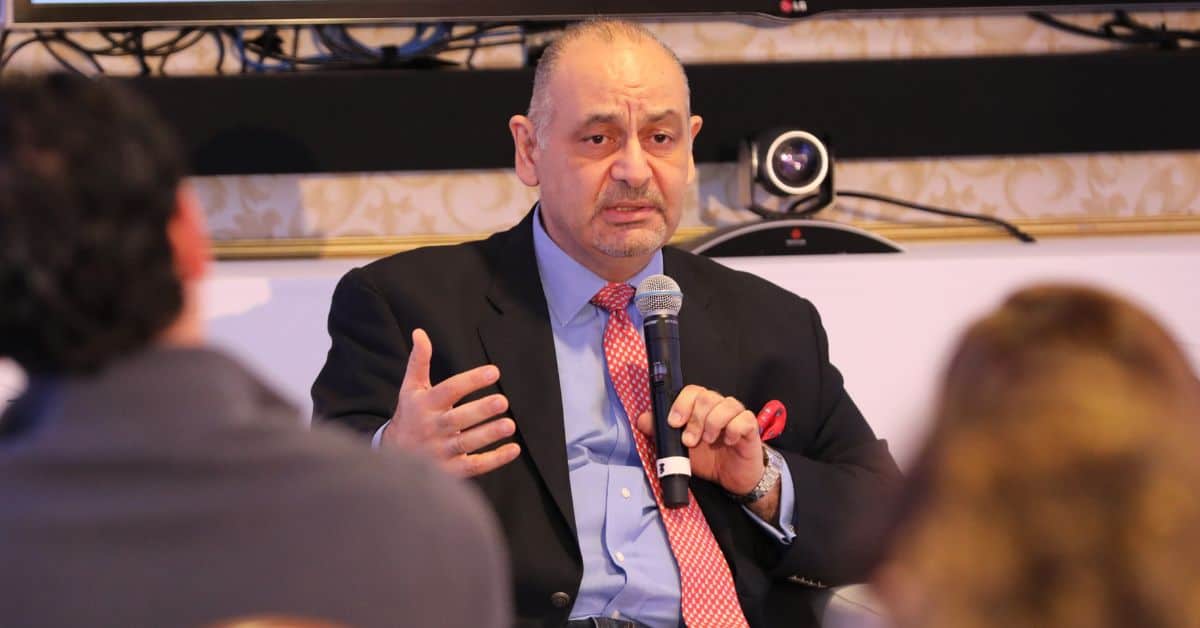DUBAI, UAE — Despite the significant rise of small businesses in the GCC, there is still room for improvement in terms of governance, bringing in external shareholders, and appointing independent board members to achieve optimum growth, Rabih I. Khoury, the chief exit officer of Middle East Venture Partners (MEVP), told TRENDS in an interview.
Khoury, who is also managing partner at one of the region’s largest venture capital firms, highlighted the importance of good audits and tighter financial control for sustainable business growth in SMEs.
GCC sovereign wealth invest in startups
While global investments have experienced a general slowdown, sovereign wealth funds from the GCC have been actively investing in startups worldwide for the past two years.
Data from YourStory Research reveals that between 2021 and 2022, GCC-based sovereign wealth funds completed more than 88 transactions, totaling an impressive US$35.81 billion.
Notably, American startups raised US$3.8 billion over 14 deals in 2022, while Saudi Arabian startups secured US$2.78 billion across four deals, placing them second. Additionally, five UK startups raised US$1.96 billion, and three Indian startups raised US$995 million.
GCC banks are also providing support to SMEs in the region, albeit with variations from country to country.
Koury said that the ownership composition of SMEs differs across GCC countries, with Saudi Arabian SMEs primarily owned by Saudis and UAE SMEs owned by foreign nationals rather than Emiratis.
Despite some challenges, Khoury pointed out that banks in the UAE and Saudi Arabia have performed relatively better in catering to SMEs compared to other GCC countries.
Challenges
One of the challenges faced by SMEs in the UAE is the need to address the issue of opening bank accounts, he said.
Additionally, the high costs of operating in Dubai and Abu Dhabi have prompted SME owners to relocate to cheaper Emirates or other countries in the region, such as Bahrain and Saudi Arabia.
Khoury suggested that SMEs can overcome these challenges by improving governance, bringing in external shareholders and independent board members, conducting thorough audits, and maintaining financial control. Once SMEs grow into larger companies, banks will actively seek them out as clients.
While the region has made significant progress in terms of laws and regulations, Khoury believes that continuous improvements are necessary. The UAE government, in particular, seeks to enhance and streamline regulations for SMEs, as it has done with rental and partnership regulations.
Inflation
Regarding inflation, Khoury said it didn’t have a significant impact on SMEs. He pointed out that interest rates set by banks have always been relatively high, and there is a lack of competition among banks.

Additionally, the government subsidizes gasoline and diesel prices, mitigating the effects of energy price increases. However, uncertainty and a lack of consumer confidence remain challenges for SMEs. On a positive note, opportunities are emerging in the region, particularly in Dubai, as many Russians and Ukrainians are moving to the city to live and invest, attracted by the UAE’s effective handling of the COVID-19 pandemic.
Khoury said that reducing political friction and achieving economic and political stability will help regain consumer confidence and encourage longer-term investments.
MEVP supports regional SMEs
Middle East Venture Partners (MEVP), which actively supports regional SMEs, is set to host its annual investor conference on May 4 at Dubai’s International Financial Center (DIFC). This event, which has gained significance over the years, attracts over 260 attendees and serves as a platform for investors to explore new deals and for entrepreneurs to meet international and regional investors.
The conference aims to provide valuable insights and discussions on business-technology sector trends, contributing to the enhancement of the MENA technology and venture capital ecosystem.








